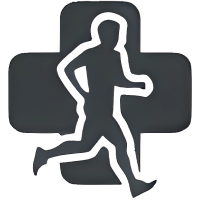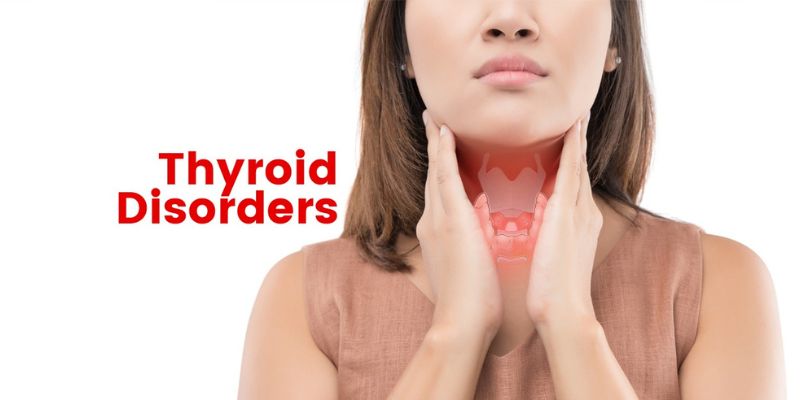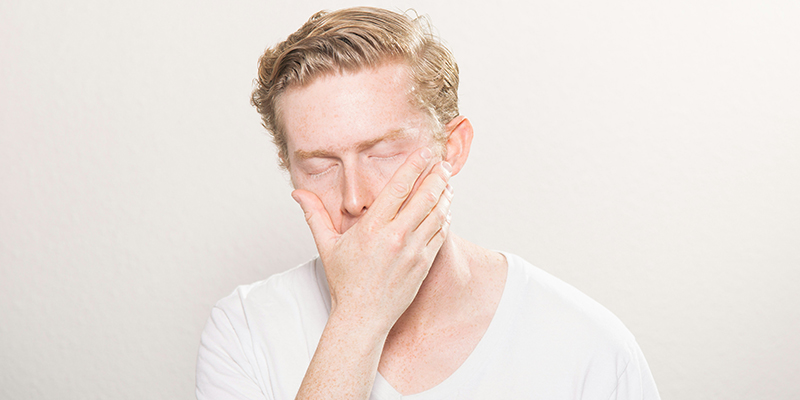In 2024, technology is playing an increasingly vital role in enhancing our daily lives, and this extends to improving sleep quality. With the growing awareness of how critical good sleep is for overall health, tech tools designed to monitor, enhance, and optimize sleep have become more sophisticated and accessible.
Whether you're struggling to fall asleep, stay asleep, or want to track your sleep patterns for better health insights, there's likely a tech solution to help. This article delves into various tech tools, from smart devices and apps to wearables and bedroom gadgets, that can help you achieve a better night’s sleep.
Smart Devices For Tracking Sleep Patterns
Smart devices that track sleep have improved greatly in recent years, offering users a clear understanding of their sleep patterns and overall rest quality. These devices now provide detailed information by monitoring different aspects of sleep, such as sleep stages, heart rate, and even the environment around them.
They can detect factors like noise, temperature, and light that affect how well you sleep. This data can help you gain better insights into what may be disrupting your rest and make informed decisions to improve your sleep quality. These advancements make it easier for anyone to take control of their sleep health.
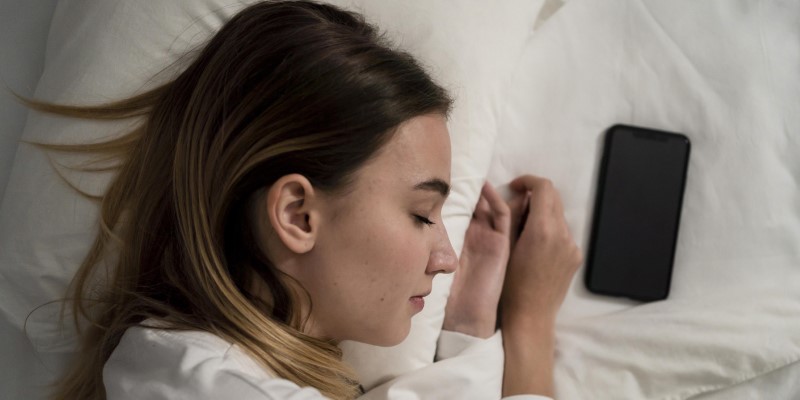
Smart Beds And Mattresses
Smart beds and mattresses are at the forefront of this technology. These beds come equipped with sensors that monitor your movements, breathing, and heart rate throughout the night.
For example, brands like Sleep Number offer beds that adjust firmness based on your sleep position and provide detailed reports on your sleep quality. The data collected helps you understand your sleep patterns and make adjustments to improve comfort and restfulness.
Bedside Sleep Monitors
If you need more time to be ready to invest in a smart bed, bedside sleep monitors offer a more affordable option. Devices like the Withings Sleep Analyzer slip under your mattress and track your sleep cycles, snoring, and heart rate. They also monitor your sleep environment, including room temperature and noise levels, providing a comprehensive analysis of factors that might be affecting your sleep.
Apps For Relaxation And Sleep Meditation
Apps designed to promote relaxation and guide users into sleep are increasingly popular. These apps offer everything from guided meditations to ambient soundscapes, all aimed at creating a calming pre-sleep environment.
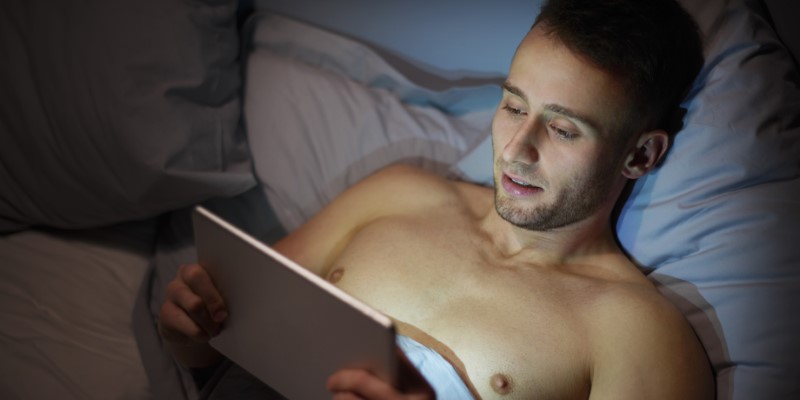
Meditation And Mindfulness Apps
Meditation apps like Calm and Headspace offer tailored programs specifically designed to help users fall asleep. These apps offer guided meditations, breathing exercises, and sleep stories designed to calm the mind and prepare the body for sleep. By incorporating these practices into your nightly routine, you can reduce anxiety and stress, two major culprits behind poor sleep.
Sound Therapy Apps
Sound therapy apps like myNoise and White Noise Lite offer a variety of sounds, from gentle rain to white noise, that can help mask disruptive noises and create a soothing sleep environment. These sounds can be particularly useful for individuals who live in noisy environments or those who need a consistent sound to fall asleep. The ability to customize and mix different sounds allows users to create a personalized soundscape that best suits their needs.
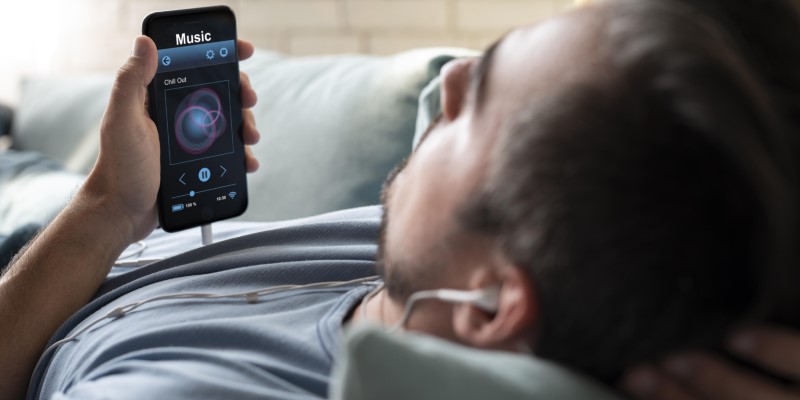
Wearable Technology For Enhancing Sleep
Wearable technology has taken the fitness world by storm, but these devices are also becoming invaluable tools for sleep improvement. Wearables not only track your physical activity but also provide in-depth insights into your sleep patterns.
Smartwatches And Fitness Trackers
Devices like the Apple Watch and Fitbit have advanced sleep-tracking features that monitor your sleep stages, duration, and quality. These wearables track your heart rate variability and even detect disruptions in your sleep cycle, providing data that can help you make lifestyle changes to improve sleep quality. The convenience of wearing these devices means they can continuously collect data, offering a comprehensive view of how your daily habits impact your sleep.
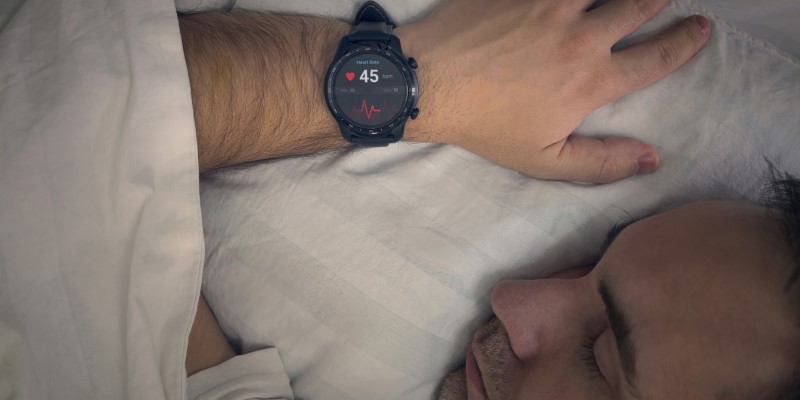
Sleep-Specific Wearables
For those who want a more targeted approach, sleep-specific wearables like the Oura Ring focus exclusively on sleep and recovery. The Oura Ring tracks a range of metrics, including body temperature, heart rate, and movement, to give users detailed feedback on their sleep quality. It also provides personalized recommendations on how to improve sleep, making it a powerful tool for those serious about optimizing their rest.
Innovative Bedroom Gadgets For Better Sleep
Beyond apps and wearables, there are a variety of innovative gadgets designed to create the perfect sleep environment. These gadgets address different aspects of the sleep experience, from controlling lighting to enhancing air quality.
Smart Lighting Solutions
Lighting plays a crucial role in regulating the body's sleep-wake cycle, and smart lighting solutions are designed to mimic natural light patterns to promote better sleep. Products like the Philips Hue smart bulbs can be programmed to dim gradually in the evening, simulating a sunset, which helps signal to your body that it's time to wind down. In the morning, these lights can gently brighten to mimic a sunrise, helping you wake up more naturally and feel more refreshed.
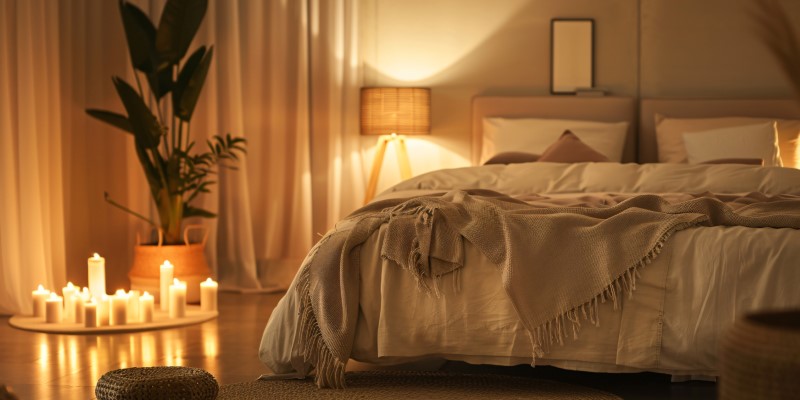
Air Quality Monitors And Purifiers
Air quality in the bedroom can significantly impact sleep, especially for those with allergies or respiratory issues. Air purifiers like the Dyson Pure Cool Link and Molekule Air use advanced filtration systems to remove allergens, dust, and pollutants from the air, creating a cleaner and more breathable environment. Additionally, air quality monitors can provide real-time data on the levels of pollutants in your bedroom, allowing you to take action to improve the air you breathe while you sleep.
Sleep-Inducing Aromatherapy Devices
Aromatherapy has long been used to promote relaxation, and now, there are tech gadgets that combine this ancient practice with modern convenience. Devices like the Vitruvi Stone Diffuser release essential oils like lavender or chamomile into the air, which are known for their calming properties. These devices can be programmed to diffuse scents at specific times, helping to create a relaxing atmosphere that encourages sleep.
Conclusion
As technology continues to advance, there are more tools than ever to help improve sleep quality. From smart devices that monitor sleep patterns to apps that promote relaxation, from wearable technology to innovative bedroom gadgets, these tools offer various ways to enhance sleep.
In 2024, improving sleep is not just about getting to bed earlier; it’s about using the right technology to create an environment and routine that promotes restful and restorative sleep. By integrating these tech tools into your nightly routine, you can take significant steps toward achieving better sleep and, ultimately, better health.
